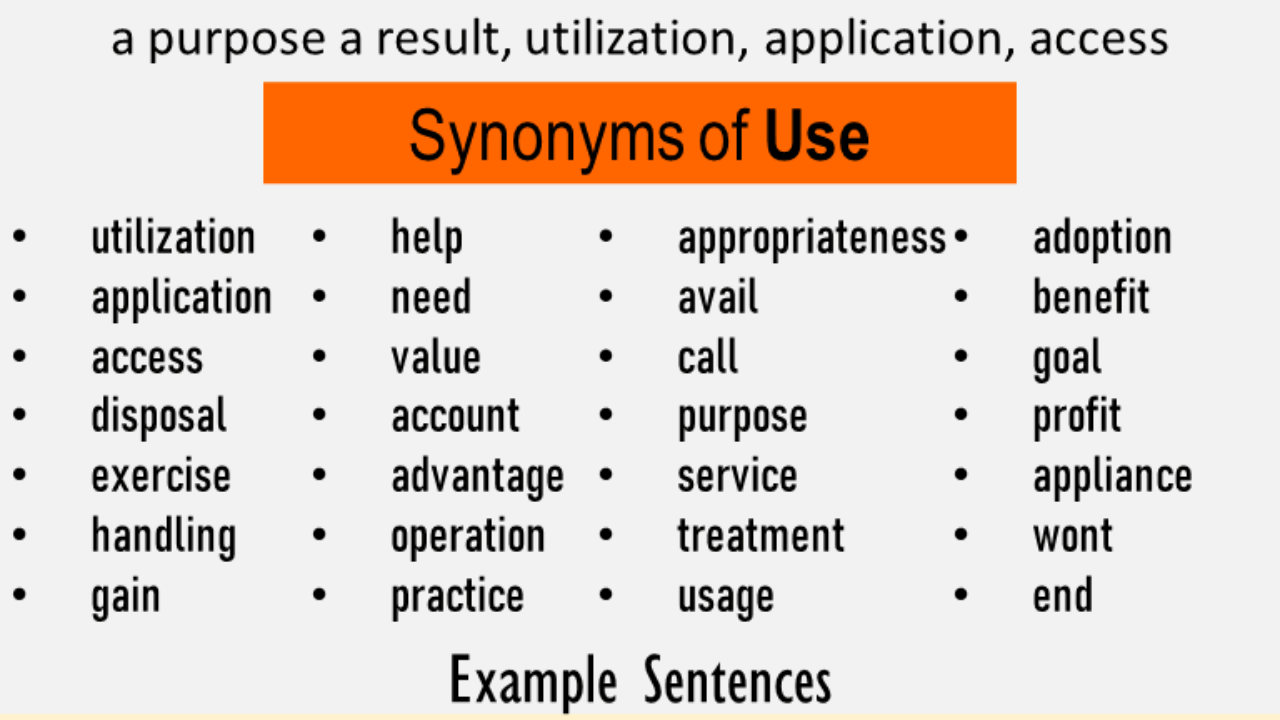
Kerr: This is safe and pleasant and gives people a "feel good" close at the end of your e-mail.Īside from closings, Bates and Kerr pointed out a few other email faux pas: Kerr: Only use this salutation in friendly business relationships.īates: It's a little old-fashioned, but not offensive. People need to talk more.īates: Not appropriate for business correspondence it sounds like you're 14 years old. It lets the other person know there will be phone or face time soon, and that's important and appreciated in this wacky age of e-mail. Kerr: Use it for a good work buddy at clock-out time on Friday.īates: Very nice for a friend, but you better mean it. Save it for after having established a bond.īates: Never use this salutation for your boss.

Kerr: You can use this with someone you know well, but if you're trying to make a business impression, this is not a great way to say goodbye when you're first doing business with someone. Kerr: This is another acceptable sign-off, especially if you're using it with someone you know really well.īates: Only use this sign-off for friends and business colleagues you might meet for coffee. "Best wishes" or "Best regards" would be better for business. Kerr: This salutation is a little short and a little distant, but at least it's a closing message.īates: "Best" is colloquial, but fine for someone you know. Related: 100 Businesses You Can Start With Less Than $100īates: It's less friendly than "Kind regards," and can be a bit perfunctory, but it generally works well. I like some kind of warmth, but also keep it business-like. It may be best for people you have corresponded with in the past. People really expect this in a letter, not an e-mail.īates: This is a great all-purpose business salutation. Read on to find out what message your favorite e-mail goodbye is actually sending.īates: Tried and true for a formal business close, and you'll never offend anyone. Related: Need a Business Idea? Here are 55

and author of Speak Like a CEO: Secrets For Commanding Attention and Getting Results, and Cherie Kerr, founder of ExecuProv and author of The Bliss or "Diss" Connection? Email Etiquette For The Business Professional, pair up to give expert insight into the world of e-mail correspondence. Suzanne Bates, president and CEO of Bates Communications, Inc. That's why we contacted two business communication experts to discuss what's appropriate. Unfortunately, there's no "email bible" to guide you. Should you use "Sincerely," "Kind regards" or "Cheers"? How do you sound friendly without coming across as unprofessional? And then there are the emails to your employees, business contacts and friendly acquaintances. You've just finished composing an email to a potential client you've talked with a few times before.


 0 kommentar(er)
0 kommentar(er)
